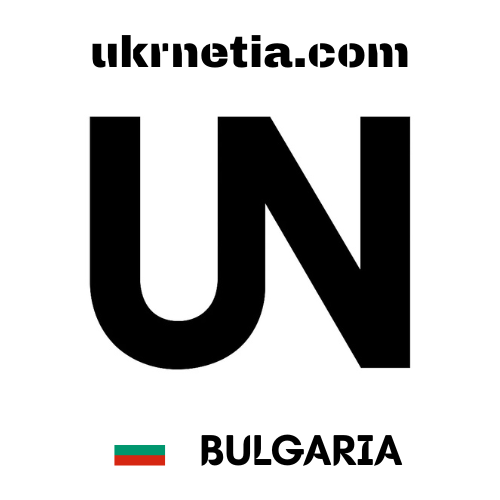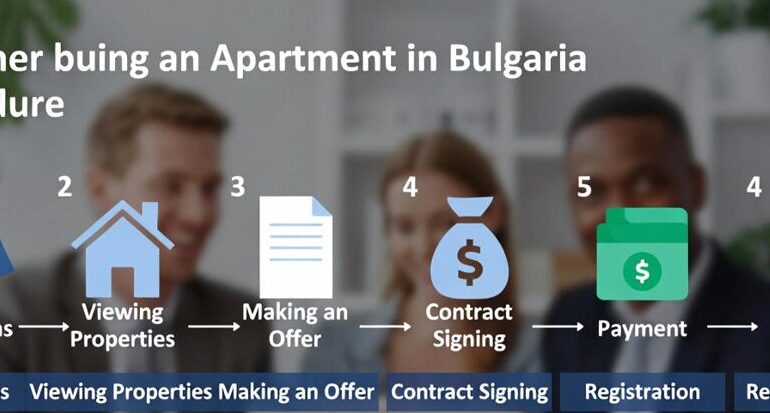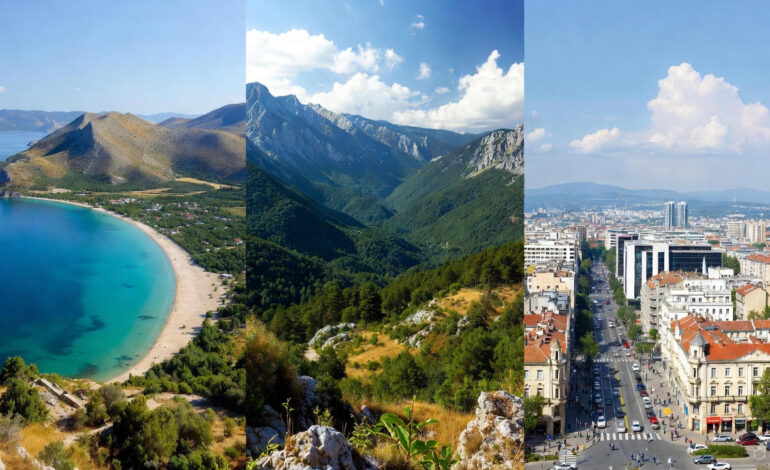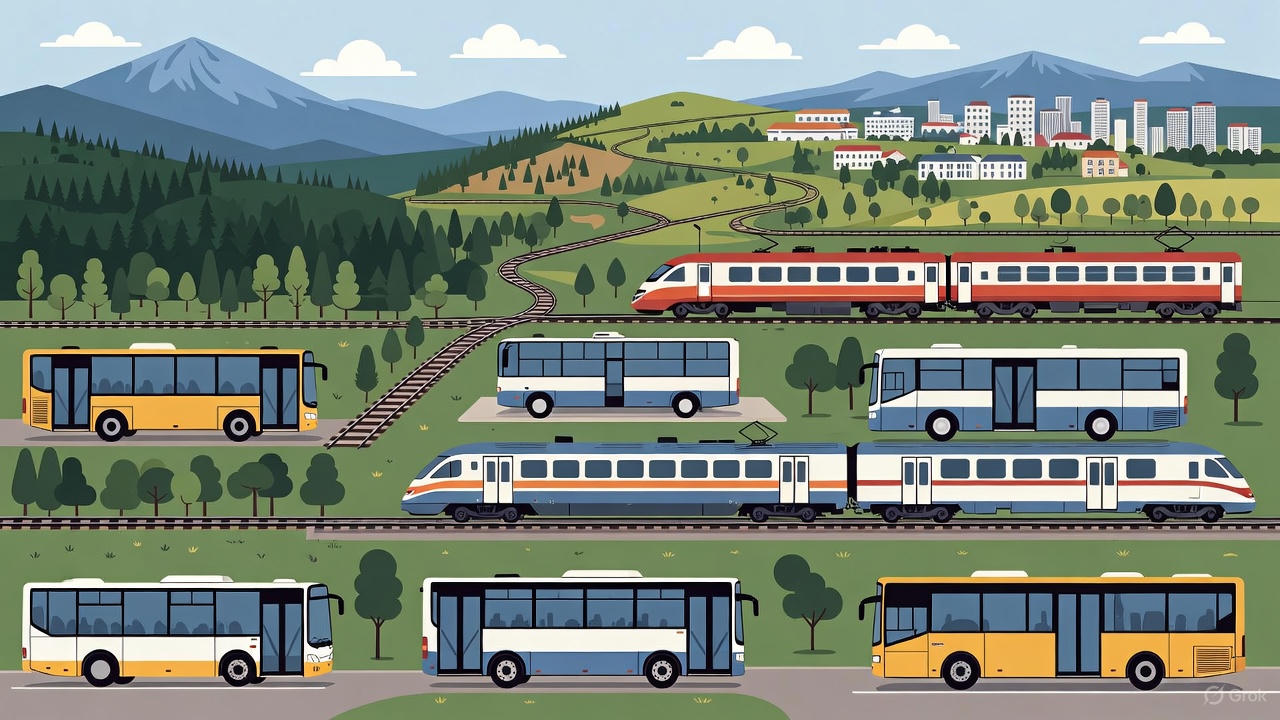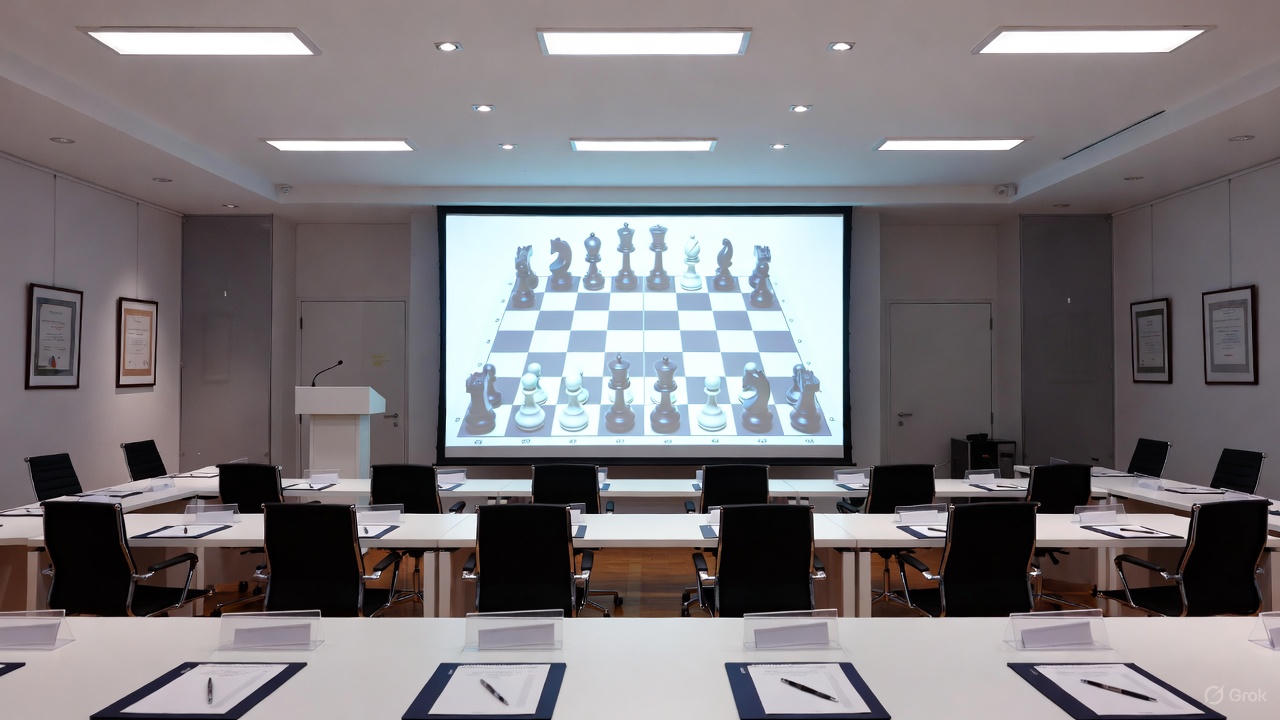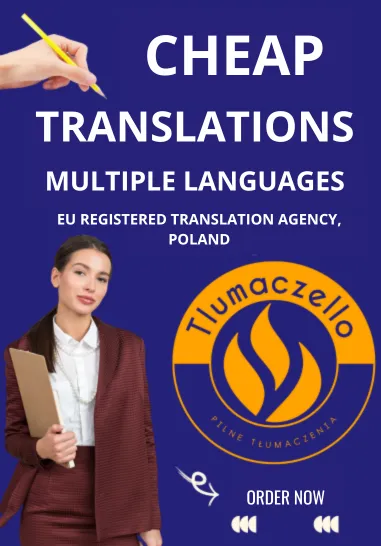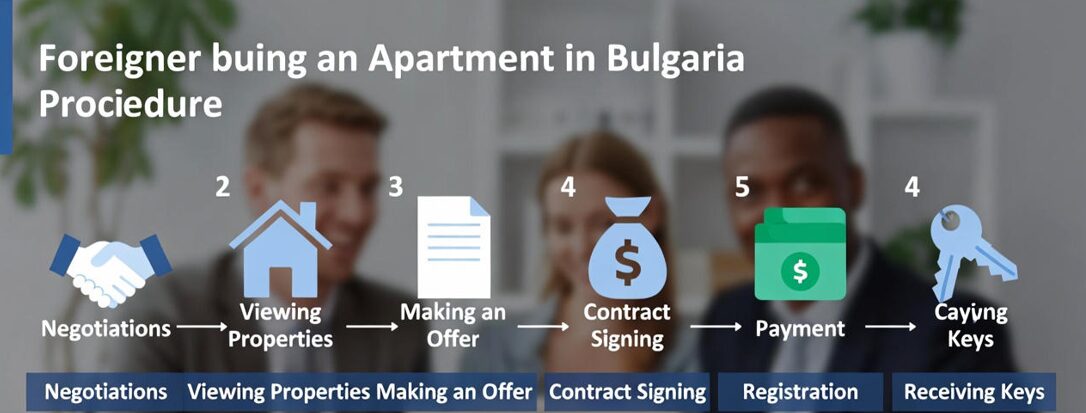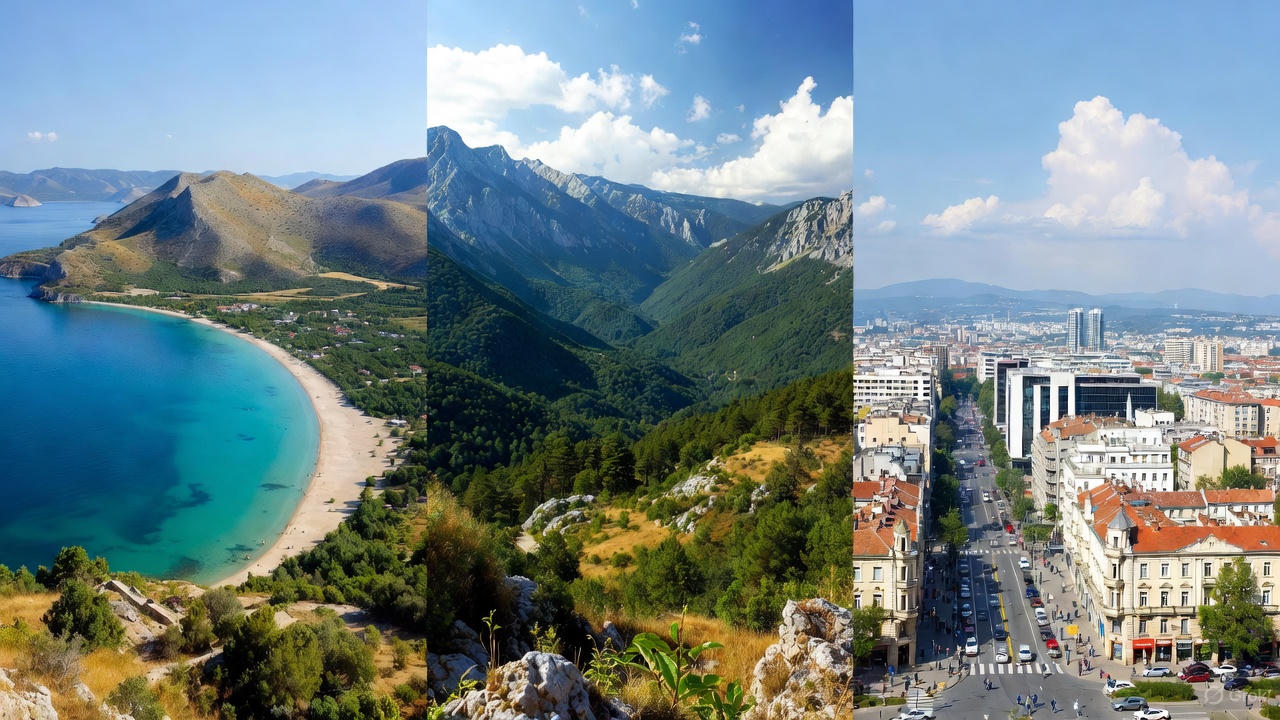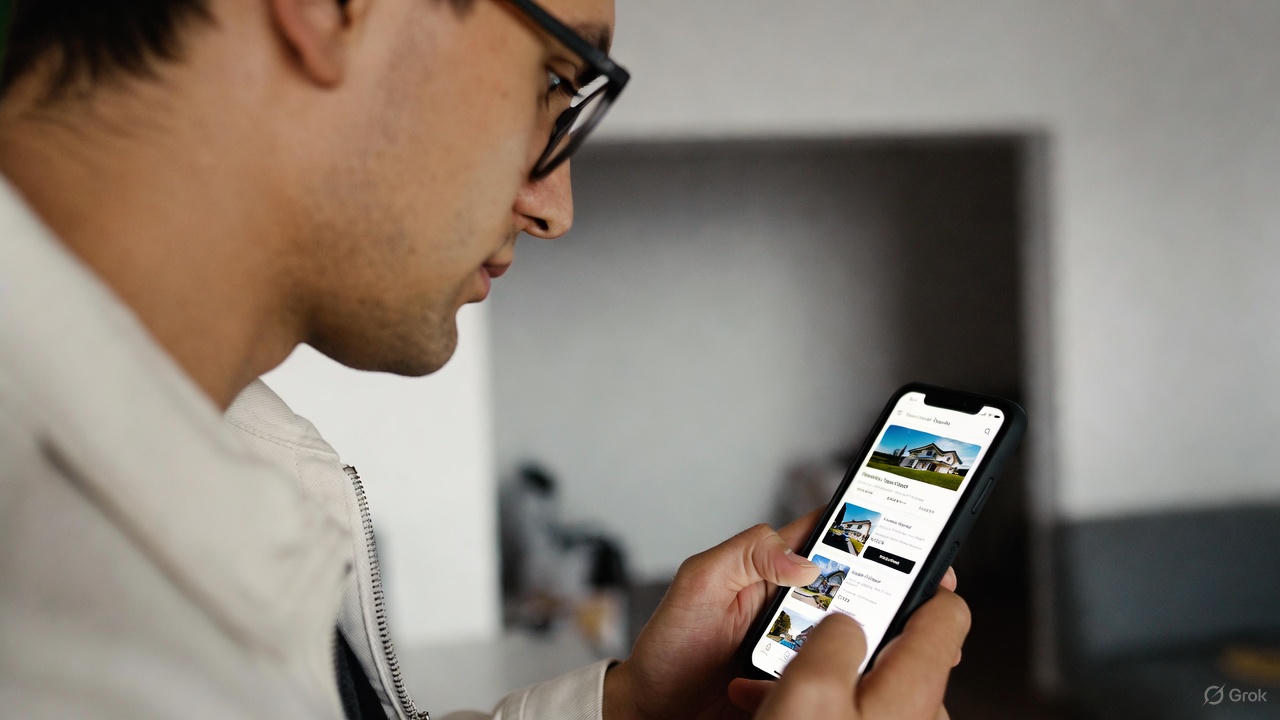Legal Framework for Foreign Property Owners: Establishing a Bulgarian Company to Own Land

Bulgaria’s Constitution (promulgated 1991, last amended 2023) remains the cornerstone of property law. Article 22(1) states unequivocally: “Foreign citizens and foreign legal persons may not acquire ownership of land, except by inheritance under the law.” This prohibition, rooted in post-communist agrarian reform fears, applies to all non-EU/EEA nationals and persists despite Bulgaria’s 2007 EU accession. EU citizens enjoy reciprocal rights under the Treaty on the Functioning of the European Union (TFEU Art. 63), but third-country nationals—citizens of the United States, United Kingdom (post-Brexit), Canada, Australia, China, India, or any non-EU state—face an absolute bar on direct land ownership.
The workaround, universally adopted by foreign investors and explicitly endorsed by the Bulgarian Supreme Administrative Court (Decision No. 7421/2019), is the establishment of a Bulgarian limited liability company (OOD – Obshtestvo s Ogranichena Otgovornost). A company incorporated under the Commerce Act (CA) is a domestic legal person irrespective of shareholder nationality. Thus, an OOD owned 100% by a non-EU foreigner may acquire, hold, mortgage, lease, or sell land without restriction.
1. Constitutional and Statutory Foundations
1.1 Article 22 in Context
- Scope: Covers all land—urban, agricultural, forest, or regulated plots (regulirani pozemleni imoti).
- Exception: Inheritance (Art. 22(2))—non-EU heirs may inherit but must sell within three years unless they obtain residency (Aliens Act Art. 24(9)).
- Buildings vs. Land: Non-EU buyers may directly own apartments or commercial units in condominiums because the underlying land is held in co-ownership proportional to ideal parts (Condominium Ownership Act Art. 3). Standalone houses, villas, or vacant plots trigger the land prohibition.
1.2 EU Law Interface
The European Commission closed infringement proceedings (Case 2011/4059) after Bulgaria confirmed the OOD route satisfies TFEU capital movement rules. The 2024 EU-Bulgaria Association Council reaffirmed that company-mediated ownership does not constitute circumvention.
2. The OOD as Investment Vehicle: Legal Personality and Capacity
2.1 Definition and Features (Commerce Act, Chapter 6)
| Attribute | Detail |
|---|---|
| Minimum capital | BGN 2 (€1.02) – fully paid in cash or assets |
| Shareholders | 1–50 natural or legal persons; 100% non-EU ownership permitted |
| Management | One or more directors (can be the foreigner or nominee) |
| Liability | Limited to subscribed capital; personal assets protected |
| Duration | Unlimited unless Articles specify termination |
| Registered office | Bulgarian address (virtual office €180–€300/year acceptable) |
2.2 Land Ownership Capacity
- CPRA Art. 51(2): Only Bulgarian legal persons may be entered as owners in the Property Register for land parcels.
- Supreme Court Precedent (Dec. No. 108/2022): “The nationality of shareholders is irrelevant to the legal personality of the OOD.”
3. Step-by-Step Incorporation Procedure (2025 Digital Workflow)
The Commercial Register and Register of Non-Profit Legal Persons (operated by the Registry Agency under the Ministry of Justice) went fully digital in January 2024. Non-EU founders complete the process remotely in 5–10 business days.
3.1 Pre-Registration (1–2 days)
- Name reservation: Online via portal.registryagency.bg. Cost: BGN 20 (electronic).
- Rule: Unique, in Bulgarian Cyrillic (Latin transliteration allowed for trade name).
- Appoint local lawyer: Mandatory for foreign-language documents. Fee: €400–€800.
- Draft Articles of Association (AoA):
- Minimum content (CA Art. 138): company name, seat, objects (include “real estate acquisition, management, and disposal”), capital, shareholders, management.
- Sample clause: “The company may acquire ownership of land plots, buildings, and limited real rights thereto.”
3.2 Document Package
| Document | Format | Authentication |
|---|---|---|
| AoA | Bulgarian + certified translation | Notarial (remote via apostilled PoA) |
| Consent of directors | Form A4 (Registry template) | Electronic signature (Qualified eID) |
| Specimen signatures | Notarial deed | Apostille + translation |
| Proof of capital deposit | Bank certificate | Scanned PDF |
| Declaration of truth (CA Art. 142) | Form A6 | e-Signature |
| Power of Attorney (if remote) | Apostilled & translated | Notarial |
3.3 Bank Account Opening
- Remote options (2025): UniCredit Bulbank, Postbank, or DSK Bank accept apostilled PoA and video identification.
- Deposit BGN 2; obtain certificate within 24 h.
3.4 Submission & Fees
- Portal upload: All documents in PDF/A.
- State fee: BGN 110 (online) or BGN 160 (paper).
- Publication: Automatic in the Commercial Register Gazette (free).
- Timeline:
- Day 1: Submission
- Day 3–5: Examiner review
- Day 5–7: UIC (Unified Identification Code) issued
- Day 7–10: BULSTAT & VAT (optional) registration
3.5 Post-Registration
- Seal (optional since 2022).
- Company folder: Digital vault in the portal.
- Annual confirmation: File by March 31 each year (no activity declaration, BGN 40).
4. Property Acquisition via the OOD
4.1 Purchase Contract
- Parties: OOD (represented by director) as buyer.
- Notarial deed: Mandatory (Notary Act Art. 18).
- Tax assessment value (usually 50–70% of market) determines fees.
- Notary fee: 0.1–3% sliding scale (CA Art. 577).
- Local transfer tax: 0.1–3% (municipal ordinance).
4.2 Cadastre Entry
- CPRA Art. 54: Notary submits electronically within 3 days.
- Sketch (skitsa): Required for land; €10 online.
- Timeline: 3–7 days for registration; digital certificate issued.
4.3 Financing
- Bank mortgages: Bulgarian banks lend to OODs (60–70% LTV, 3.5–4.8% fixed 2025).
- Pledge: Land and buildings mortgaged in favor of lender; entered in Property Register.
5. Tax Regime for Property-Owning OODs
5.1 Corporate Income Tax (CITA)
- Rate: 10% flat on accounting profit.
- Rental income: Deductible expenses include depreciation (4% straight-line for buildings), maintenance, HOA fees, interest.
- Capital gains: 10% on sale (base cost + indexed inflation).
- Loss carry-forward: 5 years.
5.2 Annual Property Tax
- Rate: 0.01–0.45% of tax assessment value (municipal).
- Paid by: OOD as owner.
5.3 VAT (Value Added Tax Act)
- Standard rate: 20%.
- Exemption: Residential leases to individuals.
- Input VAT recovery: If OOD registers for VAT (threshold BGN 100,000 turnover), reclaim VAT on construction/renovation.
5.4 Dividend Tax
- Withholding: 5% on dividends to non-EU shareholders.
- Double-tax treaties: US-Bulgaria (1994) reduces to 10%/5%; UK-Bulgaria (2015) to 0% with conditions.
6. Governance and Compliance Obligations
6.1 Annual General Meeting (AGM)
- Requirement: CA Art. 221 – at least once/year.
- Remote: Via video (Zoom) with minutes notarized electronically.
- Agenda: Approve financial statements, dividend distribution.
6.2 Accounting
- Standard: National Accounting Standards (IFRS for large OODs).
- Deadline: File with Registry Agency by March 31 (micro-entity simplified form).
- Cost: €250–€500/year for dormant OOD.
6.3 Dormant OODs
- Zero activity: Still file nil accounts; €150/year maintenance.
- Liquidation: Voluntary (CA Art. 154) – 6 months, €800.
7. Risk Mitigation and Best Practices
| Risk | Mitigation |
|---|---|
| Piercing the corporate veil | Maintain separate bank account; avoid personal guarantees; document all transactions. |
| Illegal construction | Obtain Certificate of Tolerance (CPRA Art. 66) or architect’s report. |
| Encumbrances | Full title search (Registry portal) + lawyer’s certificate. |
| Nominee director fraud | Use licensed corporate service providers (e.g., Regix Bulgaria, TMS Corporate). |
| Currency control | Open EUR account; invoice in EUR to avoid BGN exposure. |
7.1 Anti-Money Laundering (Measures Against Money Laundering Act)
- Due diligence: Banks and notaries verify UBO (Ultimate Beneficial Owner).
- Threshold: Transactions > BGN 30,000 trigger reporting.
- 2025 update: Electronic UBO register mandatory for all OODs.
8. Alternatives to the OOD (When Applicable)
| Option | Pros | Cons |
|---|---|---|
| EU residency | Direct land ownership after 5 years | €511,000 investment or 10 Bulgarian jobs |
| 99-year lease | No company needed | No equity; annual ground rent |
| Co-ownership with Bulgarian | Direct title | Trust issues; succession complications |
9. Case Studies (2025)
Case A: US Investor – Bansko Chalet
- Property: 180 m² chalet + 600 m² land (€245,000).
- OOD setup: €720 (remote).
- Total closing costs: €9,800 (4%).
- Rental yield: 7.1% net after OOD expenses.
Case B: Chinese Group – Sunny Beach Plot
- Asset: 5,000 m² development land (€1.2 m).
- Structure: OOD with 3 shareholders; VAT-registered.
- Financing: 65% LTV mortgage from Postbank.
- Tax planning: Input VAT reclaimed on construction (€240,000).
10. Recent Legislative Developments (2023–2025)
- Electronic Notarial Deeds (Notary Act Amendment, SG 82/2024): Remote signing via qualified eID.
- Digital Cadastre 2.0 (CPRA Amendment, SG 12/2025): 3D models mandatory for new plots from 2026.
- Green Building Incentives (Energy Efficiency Act): 50% property tax reduction for Class A buildings owned by OODs.
- Proposed 2026 Reform: Draft bill to allow non-EU individuals to own up to 500 m² residential land with 10-year hold commitment—not yet law.
The OOD as Gateway to Bulgarian Real Estate
For non-EU foreigners, the Bulgarian OOD is not a loophole but a statutorily sanctioned, court-affirmed, and EU-compliant mechanism to exercise full property rights. The process is streamlined, inexpensive (under €1,000 setup), and operationally light (under €500/year maintenance). With digital registries, remote incorporation, and robust double-tax treaties, the structure offers transparency and asset protection rivaling offshore jurisdictions—without the stigma.
Whether acquiring a Black Sea villa, a Bansko ski chalet, or a Sofia development plot, the OOD transforms constitutional restriction into strategic advantage. Engage a Bulgarian Bar-registered lawyer and NREA-licensed agent from day one. The land may be constitutionally reserved for locals, but the company—and the opportunity—is open to the world.
